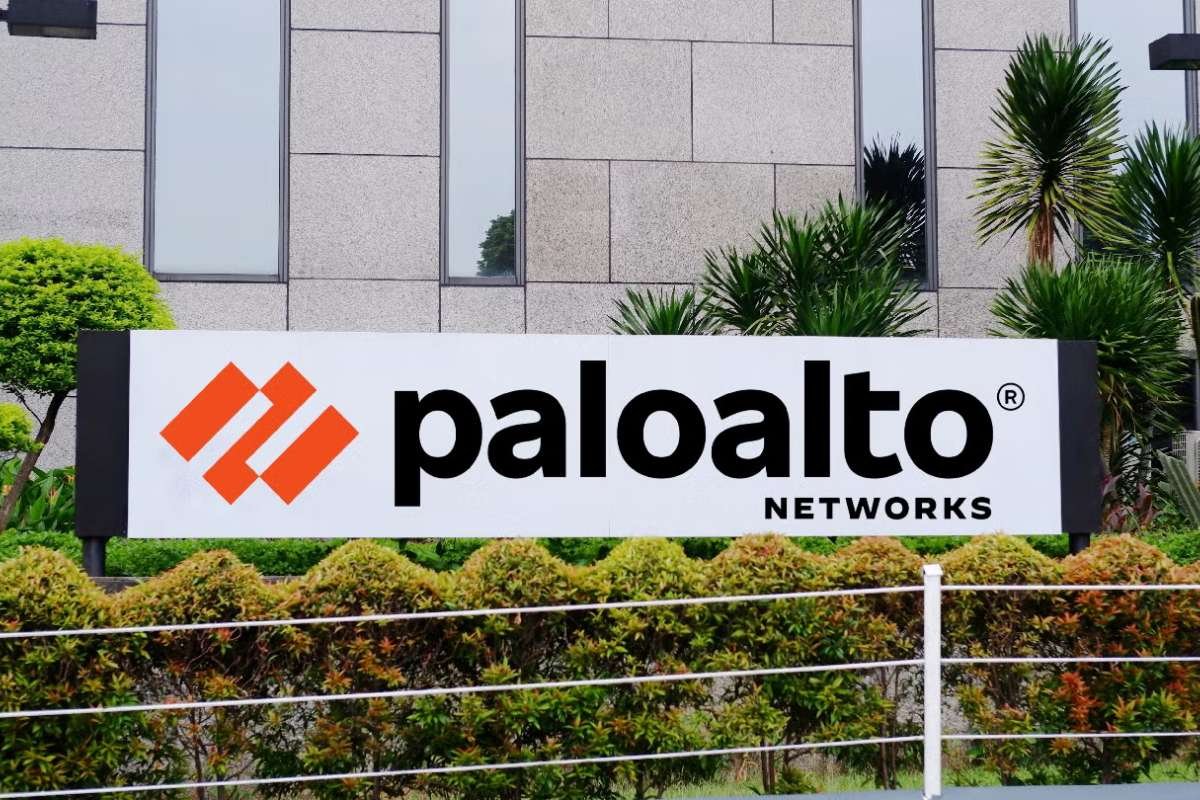Amid rising geopolitical tensions and economic decoupling between the U.S. and China, an unlikely trend is gaining momentum: American cities are actively courting Chinese investors. While the national rhetoric remains tough, local governments, particularly in the Midwest, are signaling a much warmer approach.
According to Ni Pin, chairman of the China General Chamber of Commerce in Chicago, regions like Illinois and Wisconsin are seeking strategic partnerships with Chinese companies to boost local economies, especially in manufacturing, agriculture, and the automotive sector.
In cities such as Wausau, Wisconsin, officials are proactively encouraging Chinese firms to invest in projects that could reinvigorate local industries and create jobs. Many Chinese companies, meanwhile, view these local opportunities as a way to establish U.S.-based manufacturing and avoid high tariffs on exports from China.
Despite Washington’s skepticism, Ni Pin emphasizes that real investment decisions are being made far from Capitol Hill. “When you visit these towns, the mayors are not talking about politics, they’re talking about how to bring jobs back,” he explained.
Chinese Investors Retreat to Domestic Safe Havens
While American cities offer open arms, Chinese investors are growing increasingly cautious. Facing economic uncertainty, regulatory tightening, and a fragile property sector, Chinese fund managers are being urged to prioritize “defensive” investments in the second half of 2025.
As reported by CNBC, many analysts are advising investors to “hide out” in sectors like healthcare, consumer staples, and domestic infrastructure areas considered more resistant to volatility. This conservative posture marks a notable shift from earlier aggressive global expansion strategies.
Key concerns include the unpredictability of China’s regulatory environment and broader geopolitical risks. With a slowing domestic economy and subdued investor sentiment, many firms are prioritizing capital preservation over expansion, at least in the near term.
These domestic defensive strategies aim to mitigate exposure to both external shocks and internal market turbulence, reflecting a broader theme of caution in China’s investment community.
Diverging Strategies: Open Doors Abroad, Caution at Home
The contrast between eager U.S. municipalities and risk-averse Chinese investors illustrates a growing divide in global economic behavior. While American localities are betting on Chinese capital to power local revival, Chinese firms are looking inward, protecting their assets in safer domestic sectors.
This divergence presents both opportunity and challenge. For American cities, the appeal of job creation and foreign expertise outweighs federal-level tensions. But Chinese firms, wary of risk and still recovering from recent domestic shocks, may hesitate to act on these invitations immediately.
Yet, strategic logic remains: Chinese companies that establish production facilities in the U.S. can bypass trade barriers and access a vast consumer base. Meanwhile, American towns gain investment, technology, and employment, a win-win if both sides are willing to look past politics.
Whether these mutual interests will translate into action depends on how long China’s internal caution persists and whether local American optimism can outlast national skepticism.
In 2025, while Chinese investors adopt a defensive investment posture at home, U.S. local governments continue to welcome Chinese capital with open arms. This divergence underscores the complex interplay between global caution and local opportunity, a balancing act that may redefine cross-border economic collaboration in the years ahead.
Read Also: Different Types of Real Estate Investments: Understanding The Difference


















